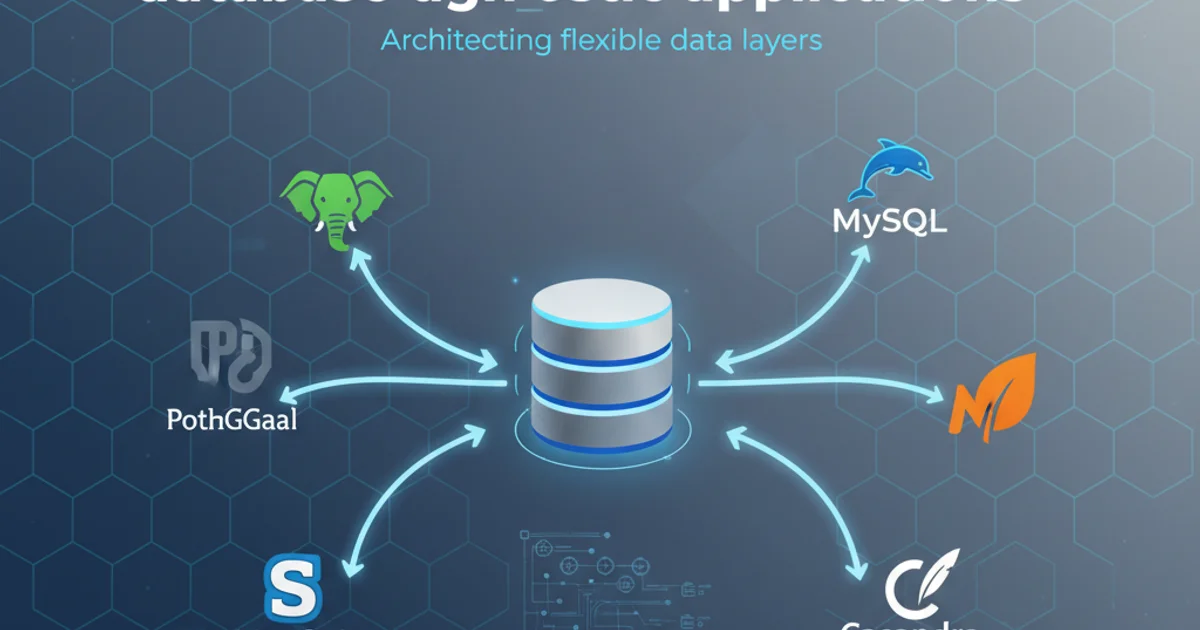how to calculate 2^32 without multiplying numbers directly?
Categories:
Calculating 2^32 Without Direct Multiplication

Explore efficient and bitwise methods to compute 2^32, a common value in computer science, without relying on direct multiplication operations.
In computer science, the value 2^32 (approximately 4.29 billion) frequently appears, especially when dealing with 32-bit systems, memory addressing, or data types. While a direct multiplication 2 * 2 * ... 32 times or using a pow() function might seem straightforward, there are more efficient and fundamental ways to arrive at this value, particularly when avoiding explicit multiplication. This article delves into these alternative methods, focusing on bitwise operations and understanding the underlying principles.
Understanding Powers of Two in Binary
The key to calculating powers of two without multiplication lies in understanding their binary representation. Any number that is a power of two (2^n) has a unique binary form: a single '1' followed by 'n' zeros. For example:
- 2^0 = 1 (binary
0001) - 2^1 = 2 (binary
0010) - 2^2 = 4 (binary
0100) - 2^3 = 8 (binary
1000)
This pattern directly translates to bit shifting. A left bit shift operation (<<) effectively multiplies a number by two for each position shifted. Therefore, shifting the number 1 left by 'n' positions results in 2^n.
flowchart TD
A[Start with 1] --> B{"Shift Left by 'n' positions"}
B --> C[Result is 2^n]
C --> D[End]Conceptual flow of calculating 2^n using bit shifting
Method 1: Bitwise Left Shift
The most direct and efficient way to calculate 2^32 without multiplication is using the bitwise left shift operator. In most programming languages, 1 << n computes 2^n. For 2^32, you would use 1 << 32.
However, it's crucial to consider the data type. If you're working with a 32-bit integer type, 1 << 32 might result in 0 or an overflow, as the '1' would be shifted out of the 32-bit range. To correctly calculate 2^32, you often need to ensure the initial '1' is treated as a 64-bit integer or a similar larger type. For example, in C/C++: 1ULL << 32 (unsigned long long) or in Java: 1L << 32 (long).
#include <stdio.h>
#include <stdint.h>
int main() {
// Using unsigned long long to ensure 64-bit capacity
uint64_t result_c = 1ULL << 32;
printf("2^32 in C: %llu\n", result_c);
return 0;
}
Calculating 2^32 using bitwise left shift in C
public class PowerOfTwo {
public static void main(String[] args) {
// Using 'long' to ensure 64-bit capacity
long result_java = 1L << 32;
System.out.println("2^32 in Java: " + result_java);
}
}
Calculating 2^32 using bitwise left shift in Java
# Python integers handle arbitrary precision automatically
result_python = 1 << 32
print(f"2^32 in Python: {result_python}")
Calculating 2^32 using bitwise left shift in Python
1 << 32 on a standard 32-bit integer type, the result will likely be 0 or an unexpected value due to the bit being shifted out of the most significant position. Always use a data type capable of holding the result (e.g., 64-bit integer types like long in Java/C# or long long/uint64_t in C/C++).Method 2: Using Pre-computed Constants (If Allowed)
If the constraint is strictly about avoiding runtime multiplication, but you can define constants, you could simply declare the value. This is less about 'calculating' and more about 'storing' the value, but it fulfills the 'no direct multiplication' requirement at runtime.
using System;
public class PowerOfTwo {
// Pre-computed constant
private const long TWO_TO_THE_32 = 4294967296L;
public static void Main(string[] args) {
Console.WriteLine($"2^32 as constant in C#: {TWO_TO_THE_32}");
}
}
Using a pre-computed constant in C#
1L << 32) is generally preferred for its clarity and direct expression of the mathematical intent, especially in contexts where the exponent might vary.